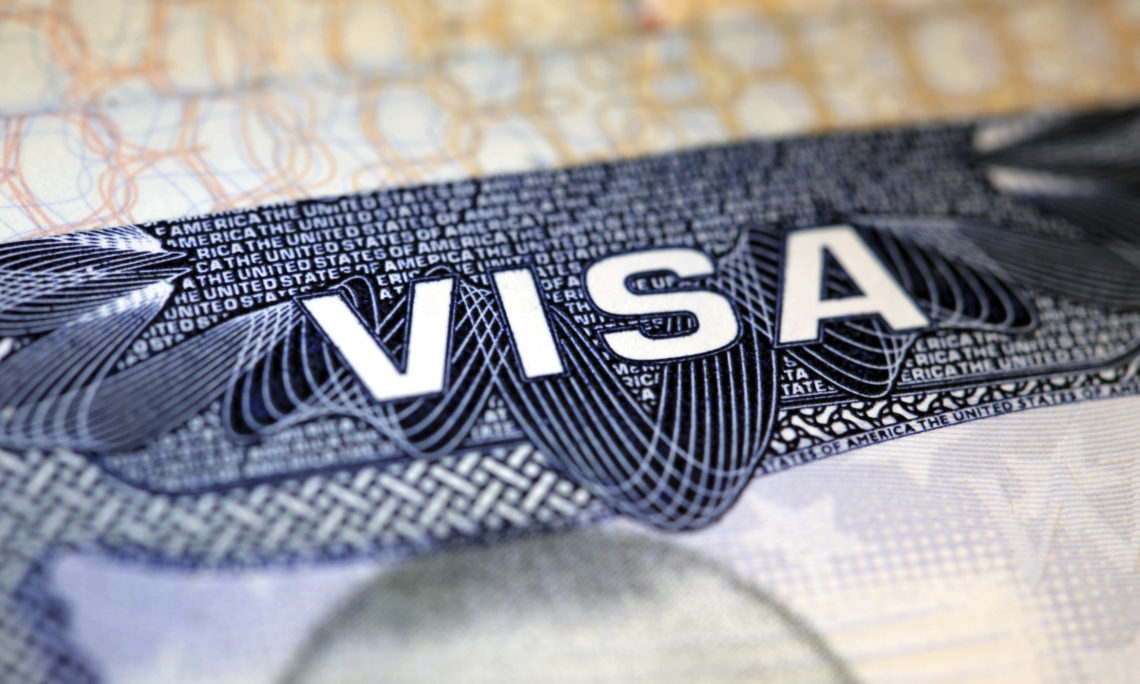The Benefits Of Keeping a Personal Attorney On Retainer
Having your attorney can provide you with invaluable legal advice when you need it. Whether it’s due to a contract review lawyer or simply having someone knowledgeable to go over important documents, retaining an attorney has its advantages. Here are some reasons why it’s beneficial to have your own legal representation – and how to find the right one for you.
Why you should consider hiring a lawyer
A private solicitor is more than just a contract checker; they play many roles in protecting your interests. Here are some of the key benefits of using a lawyer:
1. Accessible legal advice
A personal solicitor will be available whenever you need them, whether it’s for advice on a business deal or help understanding a complicated document. Your solicitor will be able to provide professional advice that could save you time and money in the future.

2. Accelerated case resolution
Experienced lawyers often have established relationships with opposing counsel, judges, and other court personnel that can, in some cases, expedite case resolution. This is especially true when the same law firm represents both sides of the issue at hand.
3. Improved representation
For serious matters such as tax fraud or criminal defence, having your own lawyer provides better representation than relying solely on public defenders, who may not have enough time to devote to your case because they are juggling multiple clients and cases at once.
4. Reduced risk of defamation claims
If there is a dispute over what was said by either side during negotiations, having your own lawyer present will protect you from potential defamation claims if things don’t go well for either party involved in the dispute.
How to find the right lawyer
If you are looking for an individual lawyer to represent you and/or your company, consider these tips:
5. Research local lawyers
Start by researching local firms through online directories such as Avvo or AsktheLawyers, where you can browse profiles and read reviews from past clients before contacting potential attorneys. Bar association websites can also give you access to detailed information about each licensed solicitor in your area, so that you know who has experience of handling cases similar to yours before you schedule a consultation.
6. Consider areas of specialisation
Depending on the type of legal issues you have, you may want to consider seeking out lawyers who specialise in those areas rather than general practitioners. While many general practice solicitors may offer their services, specialist solicitors tend to offer more in-depth knowledge of specific areas such as family law, criminal defence or real estate.
7. Check costs and contracts carefully
Before you commit to working with a particular law firm, make sure that all costs associated with their services are clearly outlined in writing before signing any contracts. In addition, pay close attention to any payment terms listed in the contracts, including payment deadlines and methods of payment accepted by the firm.
8. Look for an experienced lawyer
When considering different solicitors, make sure that the person has at least several years of experience as a solicitor in order to make informed decisions about your situation. Previous work history should also reflect successful outcomes so that there aren’t any surprises later down the road when representing yourself in court or negotiating deals outside the courtroom setting.

The bottom line
Having an experienced personal solicitor on retainer provides peace of mind knowing that you have qualified legal representation available when needed most. With a few simple steps, easy research process, you can choose the perfect match to ensure your rights are protected whatever happens legally – whether it’s complex contract review lawyer matter or otherwise.


